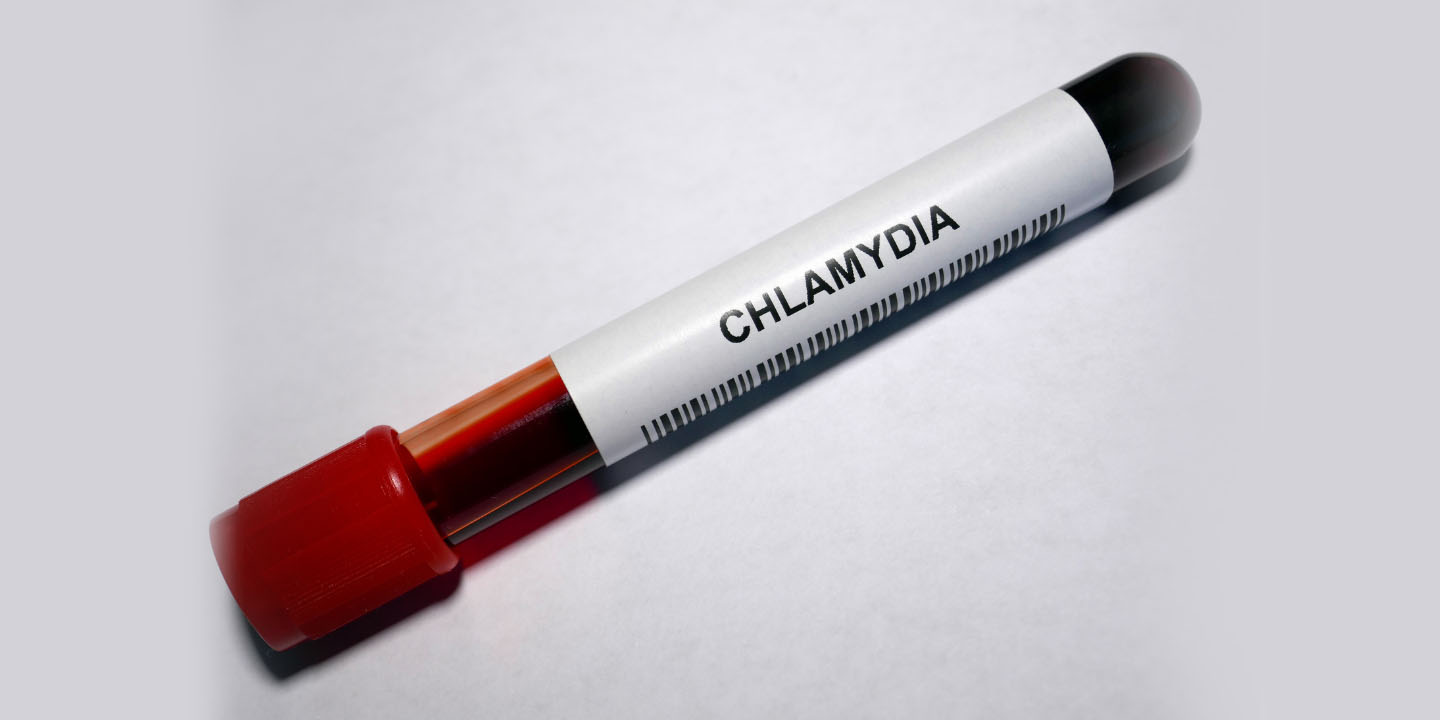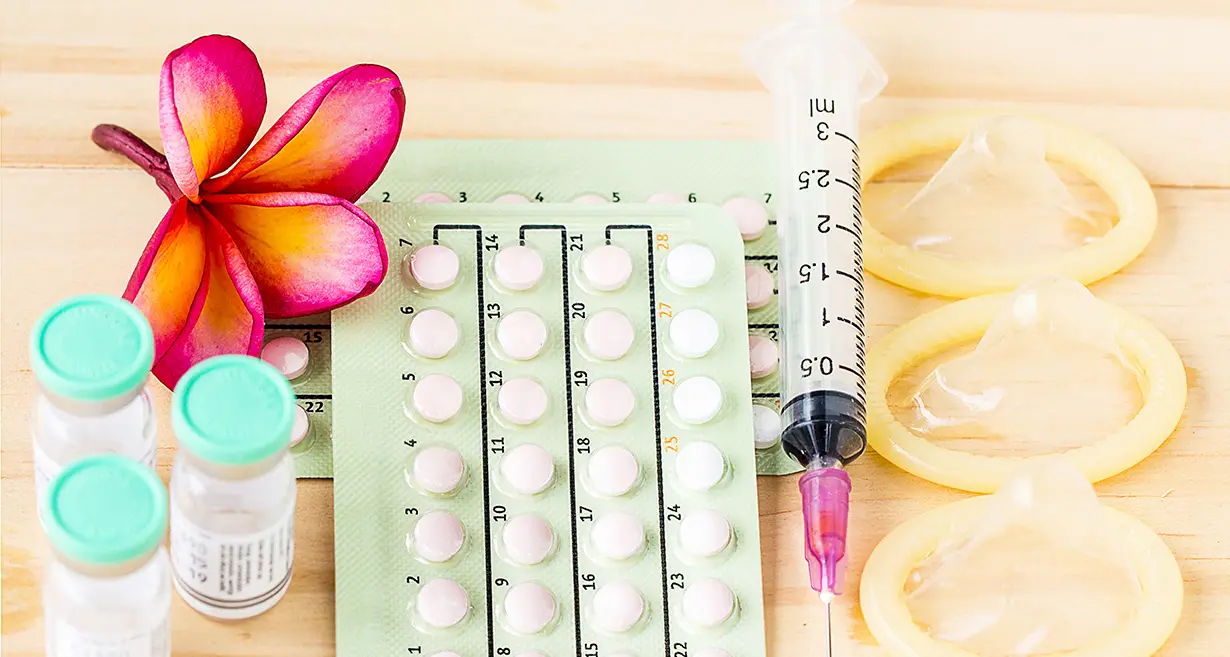
Pregnancy is a sensitive period in one’s life that introduces many changes in the mother’s body and many challenges which she must face. Right from the moment of conception to the delivery of the baby, timely and close monitoring via tests is the need of the hour. Not only does it analyze the fetal development throughout the pregnancy, but it also ensures that the mother is able to keep a check on her health.
When it comes to the tests for pregnancy, the list is quite extensive. The number of tests is typically the most during the first trimester and gradually reduces as the mother nears her due date.
To help you make informed decisions and to simplify your understanding of what you can expect with testing for pregnancy, we have curated a comprehensive list for you to check through and get a rough idea of what to expect.
In this Article
Are There Any Important Tests Done Before Conception?
Now, before we discuss the important blood test for pregnancy, it is mandatory that we also pay close attention to some of the preconception tests, which are equally important.
The question comes to people’s mind: “What kind of tests and why are they important before pregnancy?” Let us explain that in detail.
When talking about preconception tests, the very first and potentially the most important one is CBC or complete blood count. This is an important test during early pregnancy and before one actively tries to conceive a baby.
The main purpose of this blood test is to measure the levels of white and red blood cells in the body, including some important factors like hemoglobin, hematocrit, and platelet count. Determining these factors is crucial to ensure that the mother won’t struggle with potential risks of anemia, along with other complications, during the pregnancy. Furthermore, cross-checking that the mother has optimal platelet count is also mandatory to ensure she doesn’t suffer from excessive blood loss during pregnancy.
If you are actively trying to get pregnant, your doctor might also test your folic acid levels and start supplementation as needed to ensure optimal well-being and development of the fetus.
List Of Tests during Pregnancy – Trimester-Wise Guide
Getting a blood test when pregnant is important to ensure that the fetus is developing on the right track and that the mother’s health isn’t compromised throughout the pregnancy journey.
To make your life easier, we have sorted the list of tests during pregnancy based on each trimester, so it’s easier for you to refer to and navigate.
First Trimester
The first trimester of the pregnancy is potentially one of the most sensitive phases in a woman’s life. As they enter the pregnancy journey, they are elated with the news and are ready to embark on this period to finally meet their little one by the end of nine months.
When it comes to blood tests for pregnancy, the maximum of them are conducted during the first trimester. Here’s a breakdown of all the tests and their purpose:
| Name of the Test | Purpose of the Test | Normal Value | Description |
| Blood group | To determine the mother’s blood group along with the Rh factor. | A, B, AB, O | Read more |
| Complete Blood Count (CBC) | Determine factors in the blood like hemoglobin, platelet, etc. | Involved multiple factors and individual readings | Read more |
| Random Blood Sugar | Determine risks of gestational diabetes in the mother. | Before meal – 95 mg/dl or lessOne hour post meal – 140 mg/dl or lessTwo hours post-meal – 120 mg/dl or less. | Read more |
| Urine – Routine/Microscopy | Look for sugar, protein, ketosis, bacteria, or blood cells in the urine. | Should come as normal reading as per individual markers. | Read more |
| Serum thyroid profile | Determine the thyroid-stimulating hormone (TSH) levels. | 2.30 to 3.61 mIU/L | Read more |
| Hb Electrophoresis | Look for risks of Hemoglobinopathies. | HbA: 95% to 98% (0.95 to 0.98)HbA2: 2% to 3% (0.02 to 0.03)HbE: Absent. | Read more |
| HIV | Check for the presence of HIV. | Negative | Read more |
| HbSAg | Checks for Hepatitis B. | less than 1 s/c (negative) | Read more |
| Anti HCV | Determine the risks of Hepatitis C. | Not detected | Read more |
| VDRL | Screening for syphilis | Not detected | Read more |
| TORCH | TORCH is toxoplasmosis, rubella cytomegalovirus, herpes simplex, and HIV. | Not detected | Read more |
| Liver function test | Determine individual factors affecting liver function. | Depends on the factor in question. | Read more |
| Ultrasound – early pregnancy (6-8 weeks) | Check the fetal development. | Measure about ½ inch from the top of its head to its little tail.Potential embryo development and involuntary movement of the fetus can be observed. | Read more |
| Double marker | Check for healthy fetal development. | 25,700 to 2,88,000 mIU per mL | Read more |
| Ultrasound – Level 1 scan | Nuchal translucency scan. | under 3.0 mm | Read more |
Second Trimester
The period between week 14 and week 27 is considered the second trimester. There are multiple pregnancy blood tests and a list of scans during the pregnancy’s second trimester. That said, compared to the first trimester, the second trimester is much less hectic in poking and probing around with a needle. Following is the list of all the mandatory tests during the second trimester.
| Name of the Test | Purpose of the Test | Normal Value | Description |
| Complete Blood Count (CBC) | Determine factors in the blood like hemoglobin, platelet, etc. | Involved multiple factors and individual readings | Read more |
| RBS | Determine risks of gestational diabetes in the mother. | Before meal – 95 mg/dl or lessOne hour post meal – 140 mg/dl or lessTwo hours post-meal – 120 mg/dl or less. | Read more |
| Urine – Routine/Microscopy | Look for sugar, protein, ketosis, bacteria, or blood cells in the urine. | Should come as normal reading as per individual markers. | Read more |
| Serum thyroid profile | Determine the thyroid gland and hormone functions. | TSH – 0.47 to 3.89 mIU/LFT4 – 12.33 to 19.33 pmol/LTT4 – 92.28 to 234.88 nmol/L | Read more |
| LFT | Determine individual factors affecting liver function. | Depends on the factor in question. | Read more |
| Oral glucose tolerance tests | Detect risks of gestational diabetes. | less than 140 mg/dL (7.8 mmol/L) 1 hour after drinking the glucose solution | Read more |
| Level 2 scan – anomaly scan | Detailed scan that analyzes each part of the fetal anatomy to ensure that the baby is developing as it should. | Normal markers | Read more |
| NIPT Test | Determine the baby’s genetic material to determine the risks of chromosomal abnormalities. | Normal markers | Read more |
| Fetal echo (24 weeks) | Check the baby’s cardiac functions. | No abnormalities | Read more |
| Growth scan (28 weeks) | Measure head circumference, abdominal circumference, femur length, etc. to determine the baby’s growth in the womb. | Normal range readings for each marker | Read more |
Third Trimester
The last trimester of the pregnancy starts from week 28 until the baby’s birth. It is potentially one of the hardest phases due to the growing bump size and the anticipation to be able to finally be able to hold their little one. By the third trimester, the list of pregnancy blood test and ultrasounds is minimal. Here are the crucial ones:
| Name of the Test | Purpose of the Test | Normal Value | Description |
| Complete blood count (CBC) | Determine factors in the blood like hemoglobin, platelet, etc. | Involved multiple factors and individual readings | Read more |
| Urine – Routine/Microscopy | Look for sugar, protein, ketosis, bacteria, or blood cells in the urine. | Should come as normal reading as per individual markers. | Read more |
| Thyroid | Determine the thyroid gland and hormone functions. | TSH – 0.55 to 4.91 mIU/LFT4 – 11.38 to 19.21 pmol/LTT4 – 83.54 to 258.12 nmol/L | Read more |
| LFT | Determine individual factors affecting liver function. | Depends on the factor in question. | Read more |
| Blood sugar | Determine risks of gestational diabetes in the mother. | Before meal – 95 mg/dl or lessOne hour post meal – 140 mg/dl or lessTwo hours post-meal – 120 mg/dl or less. | Read more |
| Ultrasound with color Doppler with biophysical profile (34-36 weeks) | Involves electronic fetal heart monitoring and a fetal ultrasound | A normal reading for each marker. | Read more |
That concludes all the important blood tests and ultrasound scans that are mandatory to get done throughout one’s pregnancy journey.
Conclusion
In conclusion, throughout pregnancy, various tests and screenings are conducted to monitor the health of the mother and the developing fetus. These tests are typically performed in a trimester-specific manner to ensure comprehensive prenatal care.
At Queen’s Gynecology, we offer our would-be mothers a one-stop diagnostic and treatment facility, meaning you can trust us through each step in your pregnancy journey. We understand the importance of a safe and happy pregnancy for our patients; hence timely testing and scans are something we never take for granted. For scheduling a consultation, kindly contact us directly at +91 9654999888.
FAQs
If you are actively trying to conceive a baby, the earliest you can do a pregnancy test is a day after you miss your period.
A detailed and comprehensive ultrasound scan, often known as an anomaly scan, is done during the fifth month of pregnancy. This takes place between weeks 18-21.
Urine tests and blood tests are mandatory to be done in each trimester of pregnancy. Besides that, a few recurring tests that are done during each trimester include urine routine/microscopy, CBC, LFT, thyroid profile, blood sugar monitoring, etc.



























































































































































































